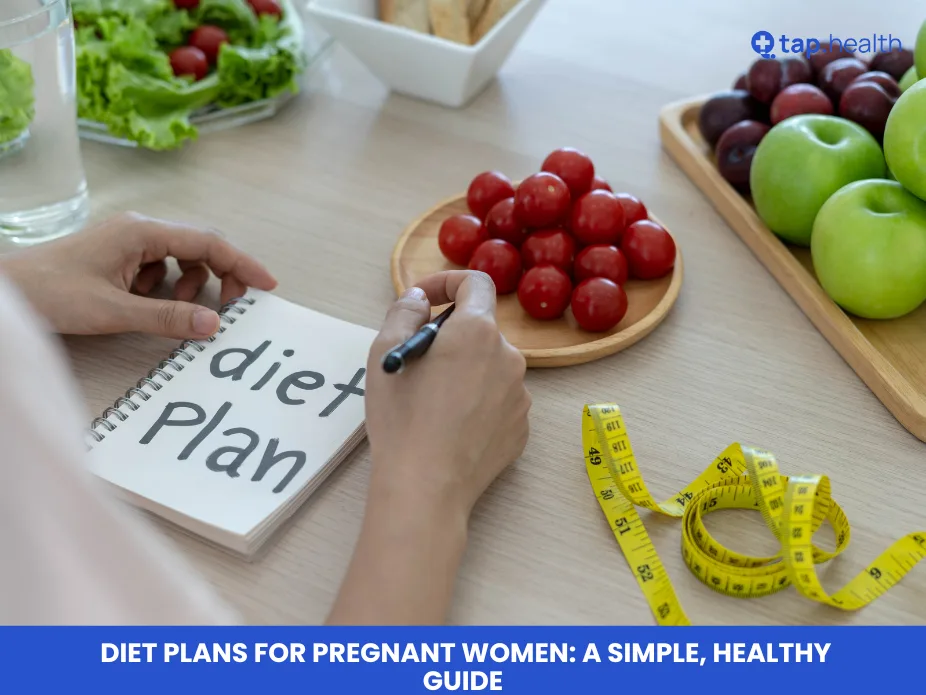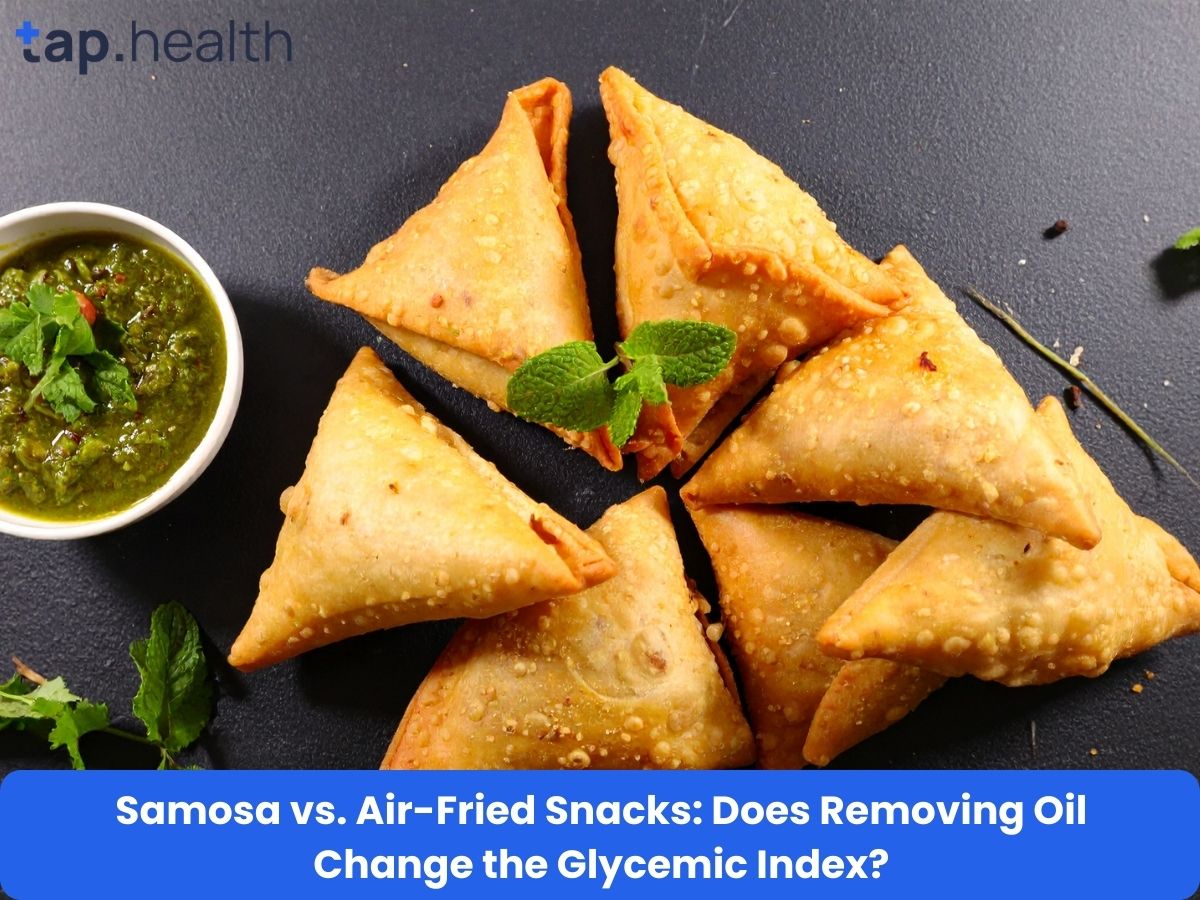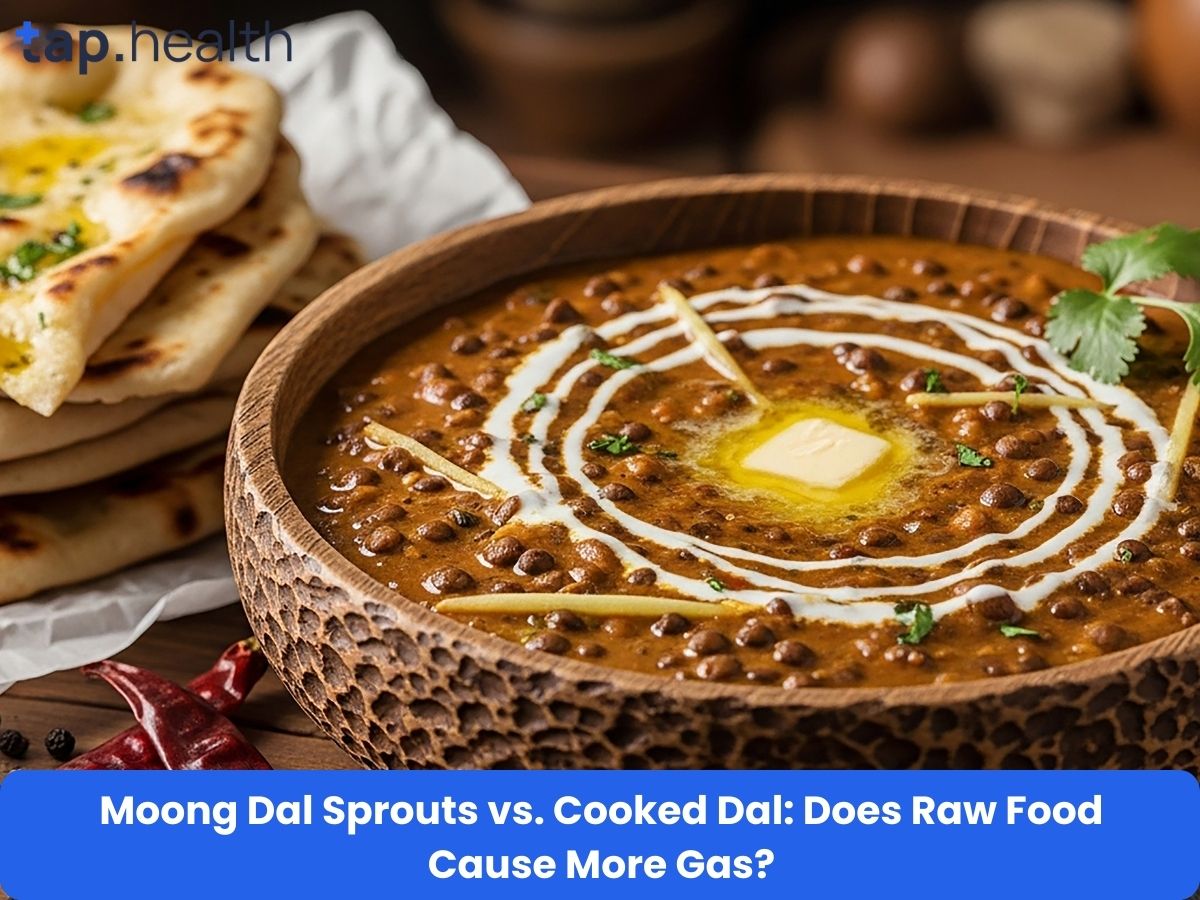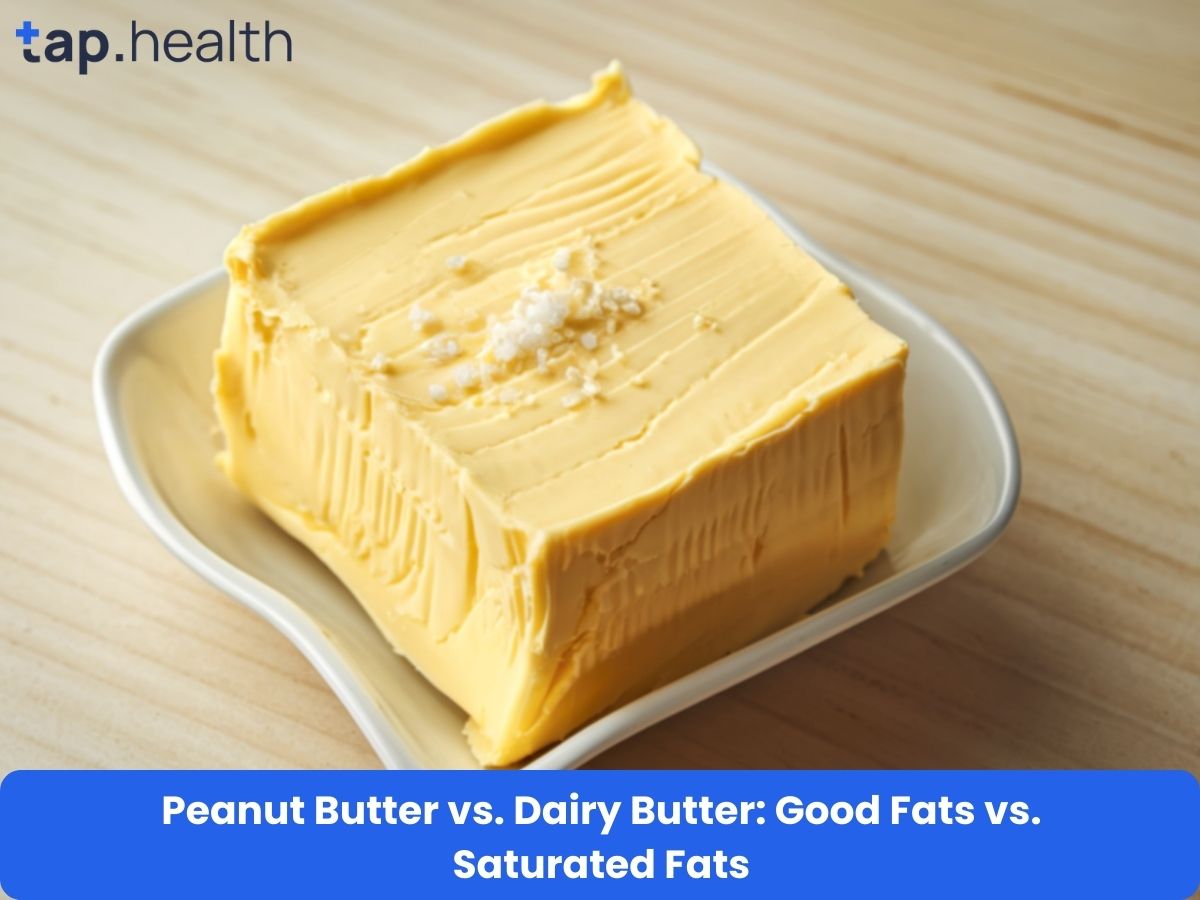Pregnancy is a special time, filled with excitement and many changes in the body. One of the most important aspects of a healthy pregnancy is proper nutrition. What a woman eats during pregnancy has a direct impact on her health and the development of her baby. That’s why it’s essential to have a well-balanced diet that supports both mother and baby.
In this blog post, we’ll explore healthy diet plans for pregnant women, tips for nutrition, and what foods to include (and avoid) during pregnancy. Whether you’re in your first trimester or your third, we’ve got you covered with easy-to-understand, actionable advice.
Real-life scenarios. Expert contributions. Recommendations grounded in proven research and facts. Factual and reliable information.
Understanding Nutrition During Pregnancy
Pregnancy increases the nutritional needs of the body. Your body requires extra calories, vitamins, minerals, and proteins to help your baby grow and develop. The general recommendation is an additional 300-500 calories per day, but this varies depending on your pregnancy stage and activity level.
The right diet helps ensure that both the mother and baby stay healthy and strong throughout the pregnancy. In general, a pregnancy diet plan should include:
- Proteins: For the development of the baby’s muscles and organs.
- Carbohydrates: To provide energy.
- Fats: Important for brain and eye development in the baby.
- Vitamins and Minerals: Vital for overall health and development.
- Water: Hydration is key for maintaining amniotic fluid levels and reducing pregnancy-related swelling.
Key Nutrients for Pregnant Women
While all nutrients are important, there are several that are particularly crucial during pregnancy. Here’s a breakdown of the most essential nutrients, along with where to find them in your diet.
1. Folate (Folic Acid)
Folate is essential in the early stages of pregnancy, as it helps prevent neural tube defects, which affect the brain and spine of the baby. It’s recommended to take a folic acid supplement in addition to consuming folate-rich foods.
- Sources: Leafy greens (spinach, kale), fortified cereals, beans, lentils, citrus fruits.
2. Iron
Iron helps prevent anemia and supports the increased blood volume in a pregnant woman’s body. Pregnant women need about double the usual amount of iron.
- Sources: Red meat, poultry, fish, beans, spinach, fortified cereals. Pair iron-rich foods with Vitamin C to help with absorption.
3. Calcium
Calcium is crucial for the development of your baby’s bones and teeth. If you don’t get enough calcium, your body will draw it from your bones, which can lead to long-term issues.
- Sources: Dairy products (milk, yogurt, cheese), fortified non-dairy milk, tofu, leafy greens, almonds.
4. Omega-3 Fatty Acids
These are important for brain and eye development in the baby. Omega-3s also help reduce the risk of premature birth and postpartum depression.
- Sources: Fatty fish (salmon, sardines), walnuts, flaxseeds, chia seeds.
5. Vitamin D
Vitamin D helps the body absorb calcium and is essential for bone health. Pregnant women need an adequate amount to support both their health and their baby’s health.
- Sources: Sunlight, fortified dairy products, fatty fish, egg yolks.
6. Protein
Protein is essential for the growth of your baby’s cells and tissues. Aim to get a variety of proteins from both animal and plant-based sources.
- Sources: Lean meats, poultry, fish, beans, lentils, eggs, tofu.
Sample Diet Plans for Pregnant Women
Now that we know the key nutrients, let’s look at some practical and simple diet plans you can follow during your pregnancy. These meal ideas are designed to provide a well-rounded, healthy mix of proteins, carbohydrates, healthy fats, vitamins, and minerals.
First Trimester Diet Plan (Weeks 1-12)
During the first trimester, many women experience nausea and morning sickness. To manage these symptoms, try eating small meals throughout the day. Focus on nutrient-dense foods that are easy to digest.
Breakfast:
- Oatmeal made with fortified almond milk, topped with sliced bananas and chia seeds
- A boiled egg for protein
Lunch:
- Whole grain sandwich with turkey, spinach, and avocado
- A side of carrot sticks or apple slices
Snack:
- Greek yogurt with a drizzle of honey and a sprinkle of flaxseeds
Dinner:
- Grilled chicken with roasted sweet potatoes and steamed broccoli
Second Trimester Diet Plan (Weeks 13-26)
In the second trimester, morning sickness often subsides, and your appetite may increase. It’s the perfect time to focus on nutrient-dense foods to support your baby’s growth.
Breakfast:
- Scrambled eggs with spinach and a side of whole-wheat toast
- Fresh orange juice for Vitamin C
Lunch:
- Quinoa salad with chickpeas, cucumber, bell peppers, and feta cheese
- A handful of walnuts for a healthy fat boost
Snack:
- A handful of almonds and dried apricots (rich in iron)
Dinner:
- Salmon fillet with a side of roasted vegetables and a small serving of quinoa
Third Trimester Diet Plan (Weeks 27-40)
In the third trimester, your baby is growing rapidly, and you may find you need extra energy. Aim for balanced meals to support both your health and the baby’s development.
Breakfast:
- Smoothie with spinach, Greek yogurt, frozen berries, and flaxseeds
- A slice of whole-grain toast with peanut butter
Lunch:
- Grilled chicken salad with mixed greens, tomatoes, and a drizzle of olive oil and lemon juice
- A side of whole-wheat crackers
Snack:
- Apple slices with almond butter
Dinner:
- Lentil stew with carrots, zucchini, and potatoes
- A small side of brown rice or quinoa
Foods to Avoid During Pregnancy
While it’s important to focus on what to eat during pregnancy, it’s equally important to be aware of the foods you should avoid. Certain foods can pose risks to your health and your baby’s development.
- Raw or undercooked meats and seafood: This can expose you to harmful bacteria and parasites.
- Unpasteurized dairy: This can carry the risk of Listeria, a type of bacteria that can cause serious infections.
- Caffeine: Too much caffeine can affect the baby’s growth and development. Limit intake to about 200 mg per day (roughly one 12-ounce cup of coffee).
- High-mercury fish: Avoid fish like shark, swordfish, and king mackerel, as they contain high levels of mercury that can be harmful to your baby’s nervous system.
- Raw eggs: Avoid foods that contain raw eggs, such as homemade mayonnaise or raw cookie dough, due to the risk of salmonella.
Frequently Asked Questions (FAQ) on Diet Plans for Pregnant Women
1. Can I follow a vegetarian or vegan diet during pregnancy?
Yes! A vegetarian or vegan diet can be safe during pregnancy if planned properly. Be sure to include a variety of plant-based proteins (like beans, lentils, tofu, and quinoa) and consider taking supplements for Vitamin B12 and iron, which may be more challenging to get from plant foods.
2. How many calories should I eat during pregnancy?
On average, you should aim to eat about 300-500 additional calories per day during the second and third trimesters. However, this number can vary depending on your activity level and pre-pregnancy weight. It’s best to consult with your healthcare provider to determine the right amount for you.
3. Is it okay to have cravings during pregnancy?
Cravings are common during pregnancy, but it’s important to focus on balanced nutrition. If you’re craving sweets or junk food, try to find healthier alternatives like fruit or whole-grain snacks.
4. Should I take prenatal vitamins in addition to eating a healthy diet?
Yes. While a healthy diet is crucial, prenatal vitamins help ensure you get the right amounts of folate, iron, calcium, and other nutrients that might be harder to obtain in sufficient amounts through food alone.
5. How can I manage nausea and morning sickness?
If you’re struggling with nausea, try eating small, frequent meals throughout the day. Avoid greasy or spicy foods, and opt for bland, easy-to-digest foods like crackers, rice, or applesauce. Ginger and peppermint can also help reduce nausea.
Conclusion
A healthy diet plan for pregnant women focuses on providing the right balance of nutrients to support both mother and baby. By including plenty of fruits, vegetables, whole grains, lean proteins, and healthy fats, and avoiding certain risky foods, you can ensure a healthy pregnancy. Always consult with your healthcare provider before making any major dietary changes, as individual needs may vary.
If you have any further questions or want personalized advice, don’t hesitate to reach out to a registered dietitian or your obstetrician. Remember, a healthy pregnancy starts with a well-balanced diet!



